Nine Conservatives have so far put themselves forward for the party’s top job.
10 July 2022
Nine Conservatives have put themselves forward to replace Boris Johnson as prime minister.
Each have outlined how they would like to run the country.
Here is what each candidate has said so far.
– Rishi Sunak
Mr Sunak had been resisting pressure from No 10 to cut taxes, arguing it would simply fuel rising prices.
In his campaign video he said the Government could not afford to lull voters about the difficulties ahead with “comforting fairy tales”.
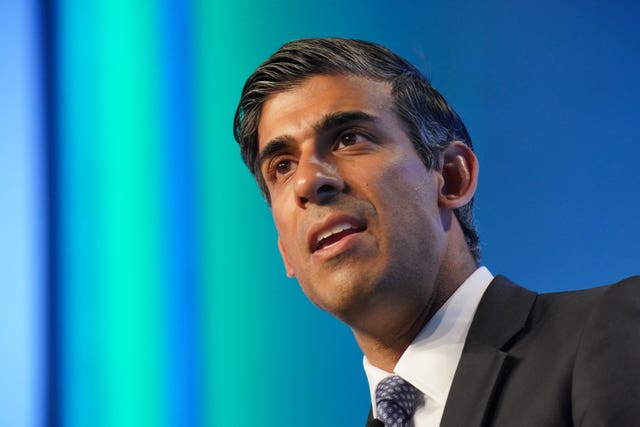

He said: “Do we confront this moment with honesty, seriousness and determination, or do we tell ourselves comforting fairy tales that might make us feel better in the moment but will leave our children worse off tomorrow?”
He went on: “Someone has to grip this moment and make the right decisions. That’s why I’m standing to be the next leader of the Conservative Party and your prime minister.”
On social issues, Mr Sunak told the Mail On Sunday he would reverse “recent trends to erase women via the use of clumsy, gender neutral language” and said that “we must be able to call a mother a mother and talk about breastfeeding”.
– Jeremy Hunt
The runner-up to Mr Johnson in 2019 has pledged to slash corporation tax to 15%.
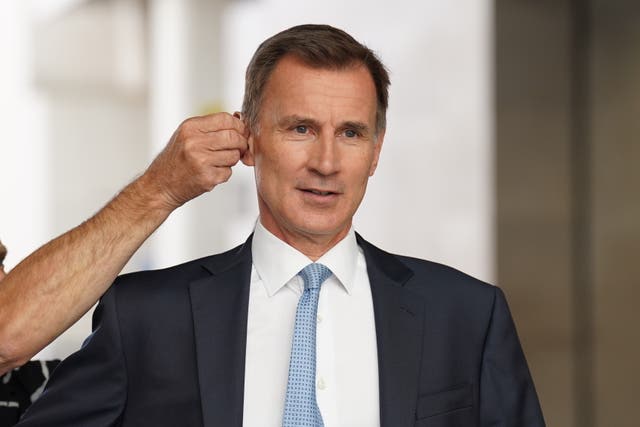

He told of his intention to slash the tax to 15p in his first autumn Budget.
Mr Hunt also intends to remove business rates for five years for the communities most in need, he told The Sunday Telegraph.
Scotland and Northern Ireland would get money to match the policy.
Mr Hunt has also spoken of embracing “Brexit freedoms”, promising to back the Northern Ireland Protocol Bill.
On the Rwanda migration policy, he told of his intention to expand the scheme by finding additional countries to deport people to.
On HS2, he said he would “keep that going”.
– Sajid Javid
The experienced former Cabinet minister has also said he will reduce the rate of corporation tax to 15%.
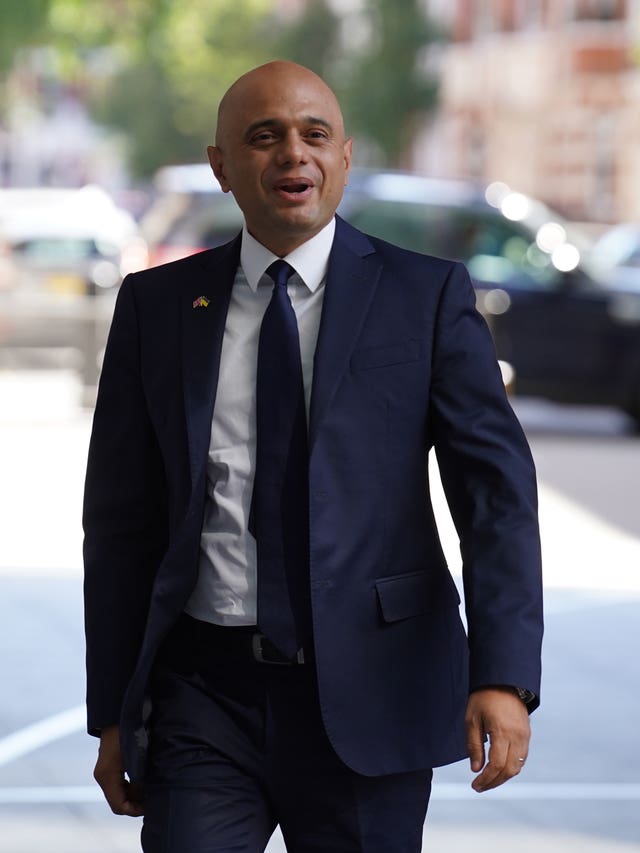

He also plans to scrap the Government’s national insurance hike, bringing forward the planned 1p income tax cut to next year, and introduce a further “significant” temporary reduction on fuel duty.
Mr Javid said his tax-cutting plans would cost around £39 billion per year, but this did not include slashing fuel duty further in the short-term.
He does not “believe in unfunded tax cuts”, and has a long-term vision for reform.
The former health secretary has said he believes in the current fiscal situation the country can afford to scrap the national insurance hike and still fund the promised boost for the NHS and social care.
Mr Javid has also planned a new package of support worth up to £5 billion to help with energy bills.
He said the UK should consider ripping up old EU laws “to make us a more pro-business, wealth-creating, entrepreneurial economy”.
He has also said that as Tory leader he would keep to the commitment to get to net zero by 2050 and would not scrap the BBC licence fee.
Mr Javid agrees with the controversial Rwanda migrant policy.
And he said he would not rule out another Scottish independence referendum “forever”, but would not have one for “at least for a decade”.
– Grant Shapps
Mr Shapps has said tackling the cost-of-living crisis and strengthening the economy to become the biggest in Europe are top of his agenda.
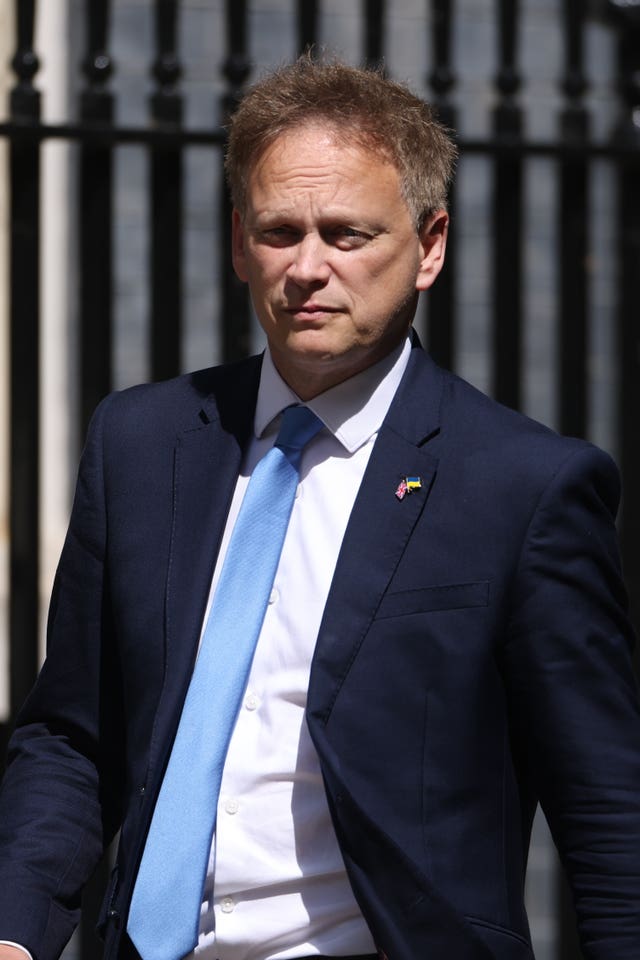

He is advocating for lower taxes and cutting “red tape”.
The Transport Secretary said he would bring forward the 1p income tax cut to “now”.
He said he also wants to “freeze” the proposed increase in corporation tax, adding: “That is a tax which will not go up.”
The Transport Secretary, who backed Remain in the 2016 EU referendum, said he would end “tactical government by an often-distracted centre”.
– Penny Mordaunt
The Brexit-backing trade minister has said on her campaign website the Conservative Party was elected to “deliver a manifesto”.
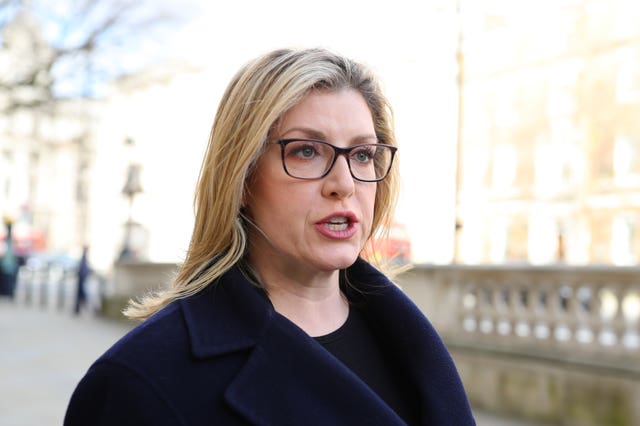

Ms Mordaunt played a prominent role in the Leave campaign in the 2016 referendum, and has previously reportedly enjoyed the backing of Dame Andrea Leadsom among others.
Conservative MP Michael Fabricant has described her as “socially liberal”.
Her policies were not laid out on her website.
– Nadhim Zahawi
The newly appointed Chancellor outlined three key pledges.
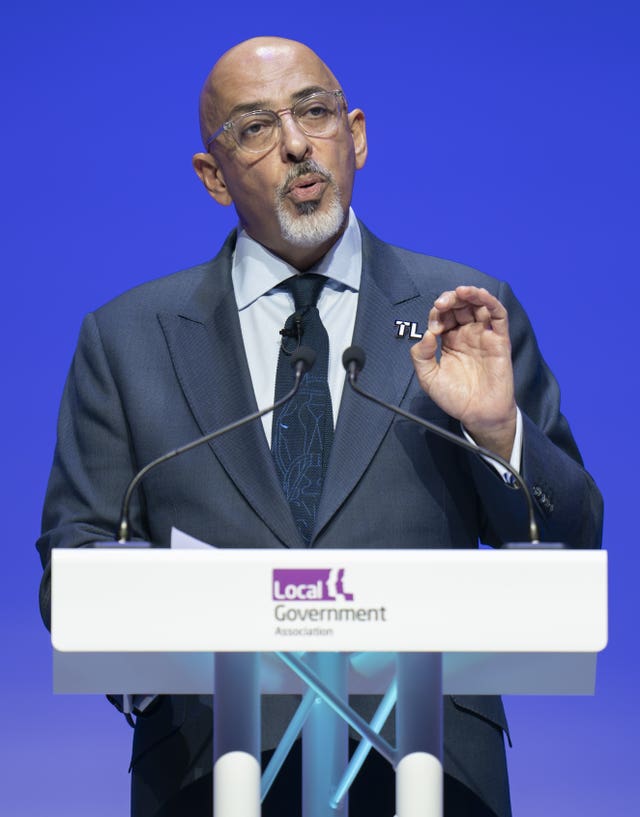

He promised to cut taxes for individuals, families and business, arguing the current burden is “too high”.
He spoke of being aware that security, safety and freedom are “things that we can never take for granted”, and argued defence spending “needs to rise”.
In addition, he said he would push ahead with the reforms he started in his previous role as education secretary, to “deliver a great education for every child”.
“I will also continue to focus on letting children be children, protecting them from damaging and inappropriate nonsense being forced on them by radical activists,” he added.
On the Northern Ireland Protocol, Mr Zahawi has spoken in the past of keeping all the options “on the table”, pledging to work with Sinn Fein and the European Commission.
As a Brexit voter, he said Britain’s departure from the EU made it a “free nation”.
– Tom Tugendhat
On policy, Mr Tugendhat has said he would reverse the national insurance hike.
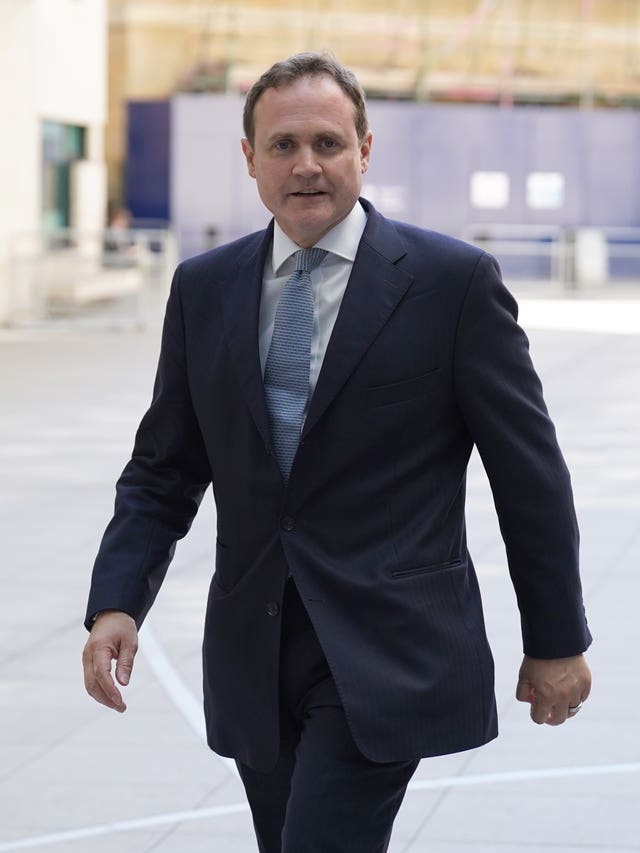

But asked about whether he would consider cutting corporation tax as prime minister, he told Sophy Ridge that plans by his opponents to do so were “not realistic unless you have a 10-year economic plan”.
He added: “You can’t simply look at each of these taxes as a one-off, you need to look at it as part of a whole. The reality is this economy needs not only lower taxes for growth, but it also needs sound money, and that is why we need to deliver both.”
Mr Tugendhat emphasised he was a “clean start” candidate.
The Remainer in 2016 has said the presence of Brexit party and Leave figures on his team is reassuring for Brexiteers.
He said: “What I want to do is get a clean start on these six-year-old arguments we have been having. I want to get a clean start for our country, I want to get a clean start from all of these old debates and move on, because the reality is we can look at the past if you like, but the future for this country is amazing.”
He has stated his intention to deliver the Northern Ireland Protocol Bill.
He said he hoped with Mr Johnson out of No 10 the “mood music” of Britain’s relations with the EU might change, and “we could legally negotiate some proper changes to the protocol”.
– Suella Braverman
Ms Braverman, writing in the Daily Express, promised “rapid and large tax cuts” to ease inflation.
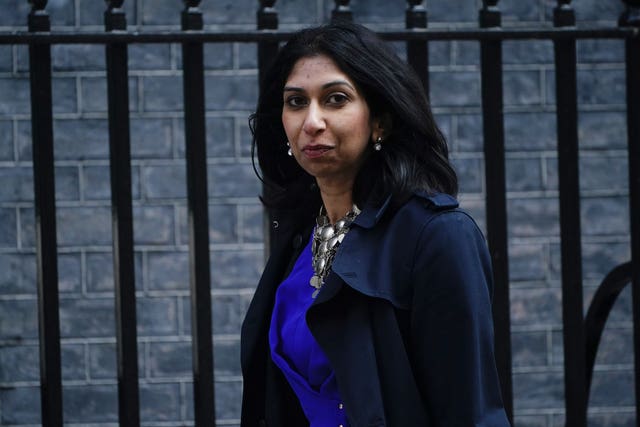

She has said the energy crisis means “we must suspend the all-consuming desire to achieve net zero by 2050”.
The Attorney General said there must be “no backsliding” on the Northern Ireland Protocol Bill going through Parliament.
On a campaign video, she spoke of delivering “all of the great opportunities” of Brexit, as well as taking a “firm line” on migration.
In a post on Twitter, Ms Braverman said the UK “must leave” the jurisdiction of the European Convention on Human Rights.
– Kemi Badenoch
The former equalities minister has promised “limited government” and “a focus on the essentials”.
You’ve probably heard that I’m running for the party leadership. It’s important you understand why. My article in The Times today 👇 https://t.co/3CbACk0pkq pic.twitter.com/gBDyD6tb4e
— Kemi Badenoch (@KemiBadenoch) July 9, 2022
She supports lower taxes “to boost growth and productivity, accompanied by tight spending discipline”.
Writing in The Times, she also hit out at “identity politics” and said Boris Johnson was “a symptom of the problems we face, not the cause of them”.
She said governing Britain today requires “a nimble centre-right vision” that “can achieve things despite entrenched opposition from a cultural establishment that will not accept that the world has moved on from Blairism”.



